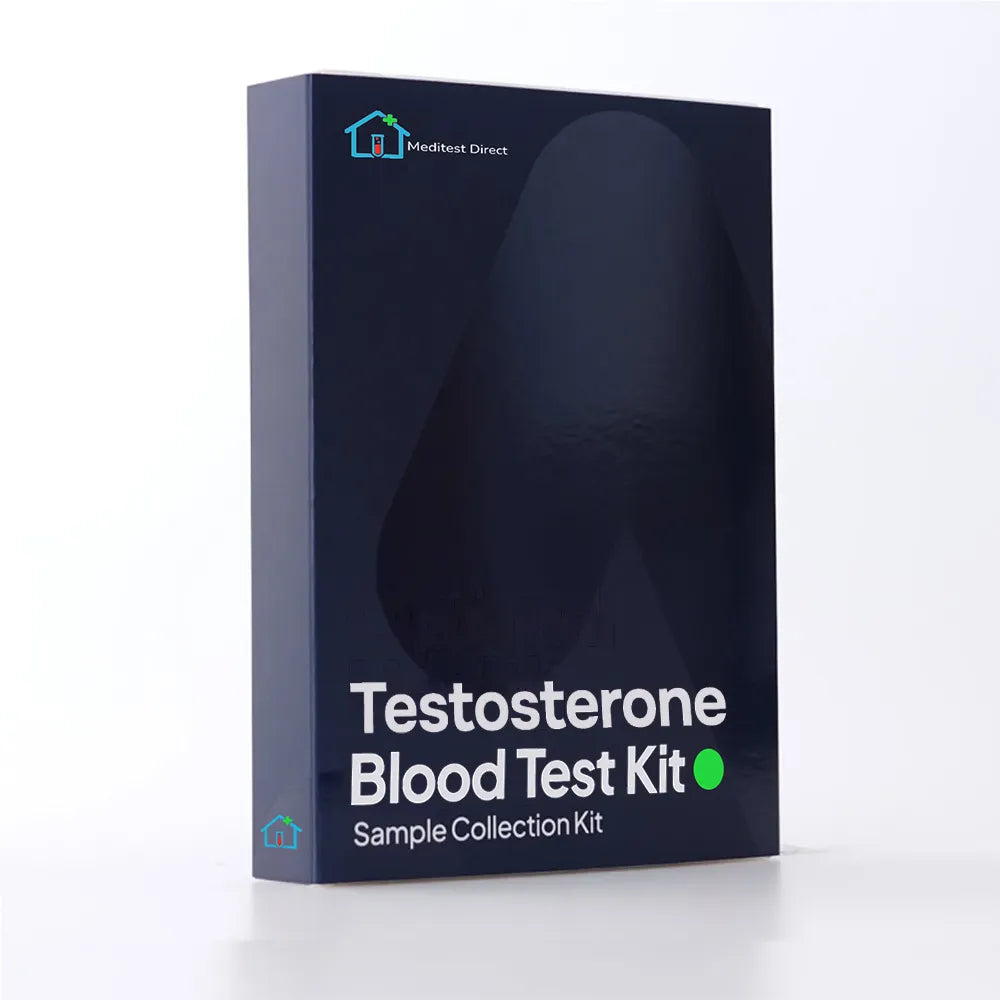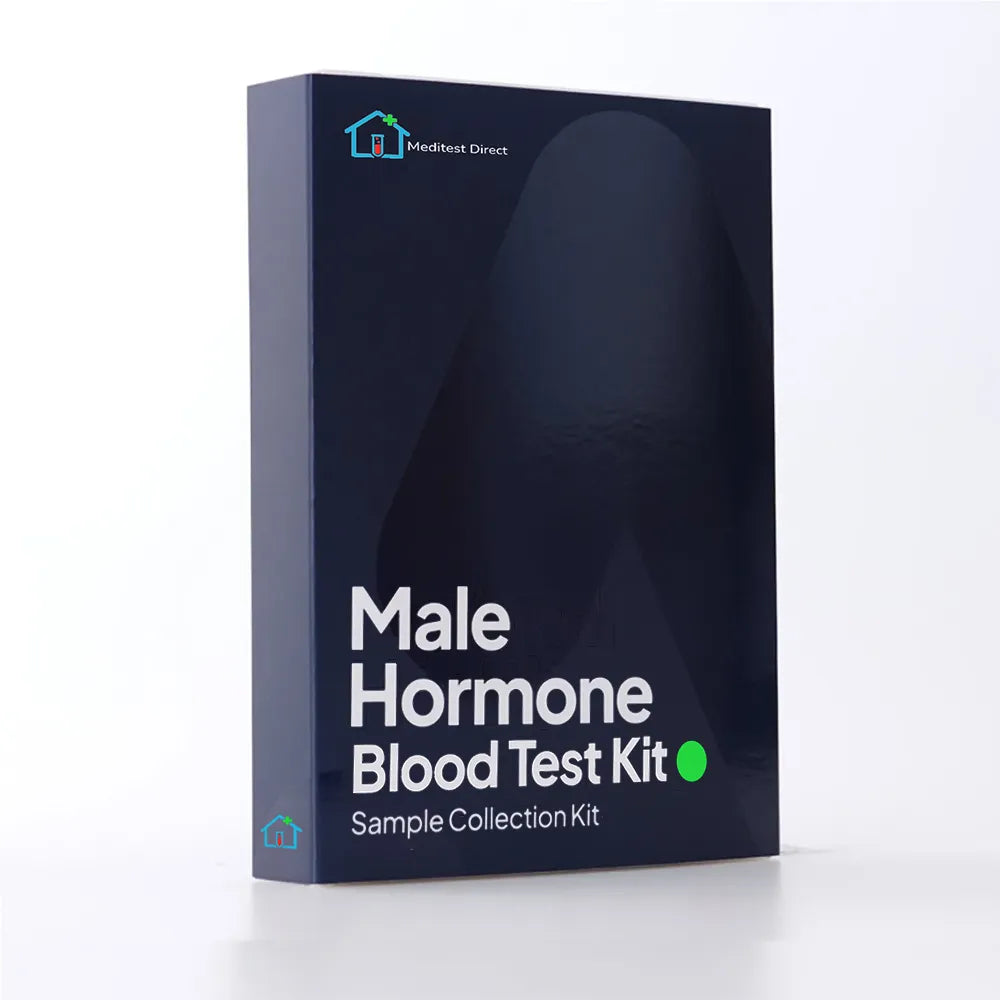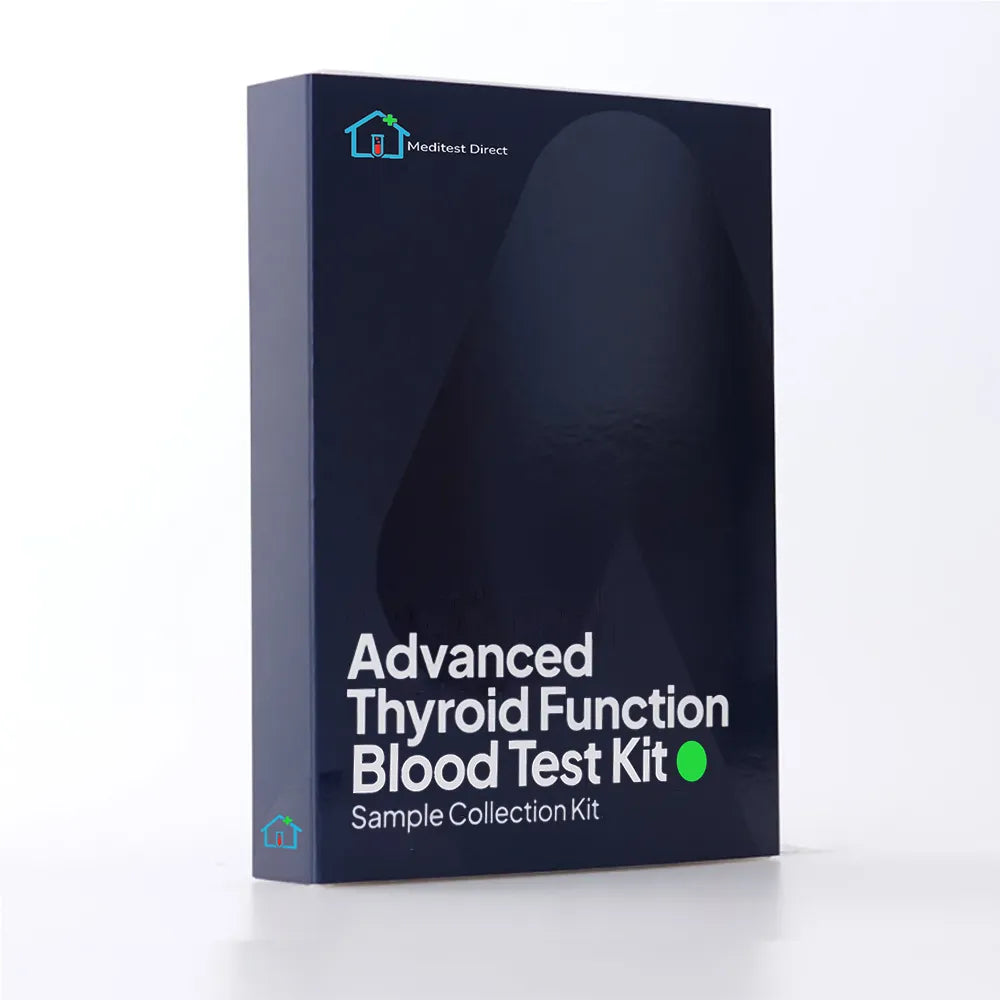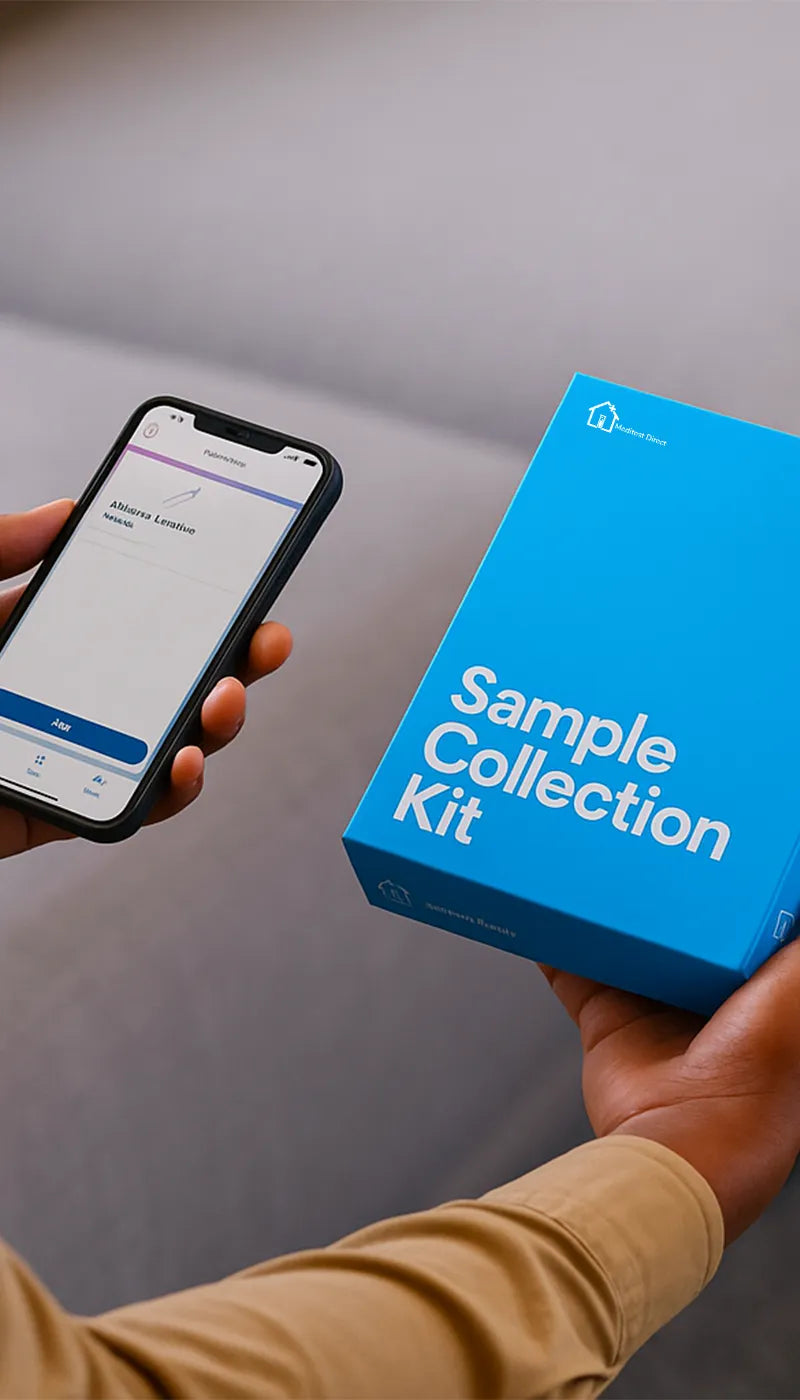This product is a home blood test kit designed to assess key hormones involved in male fertility. It measures total testosterone, calculated free testosterone, follicle-stimulating hormone (FSH), luteinizing hormone (LH), and prolactin levels. These hormones play crucial roles in sperm production, sexual performance, and overall reproductive health. This test is ideal for men experiencing challenges with conception or those interested in understanding their hormonal health.
Why choose this product
-
Provides insights into hormone levels that influence fertility and sexual health
-
Helps identify potential hormonal imbalances that could affect reproductive function
-
Convenient at-home sampling with results processed by certified laboratories for accurate and reliable information
Important information
-
This product is for informational purposes only and is not intended to diagnose, treat, or prevent any medical conditions
-
Results should be reviewed with a qualified healthcare professional
-
All samples are analysed by UKAS‑accredited laboratories










